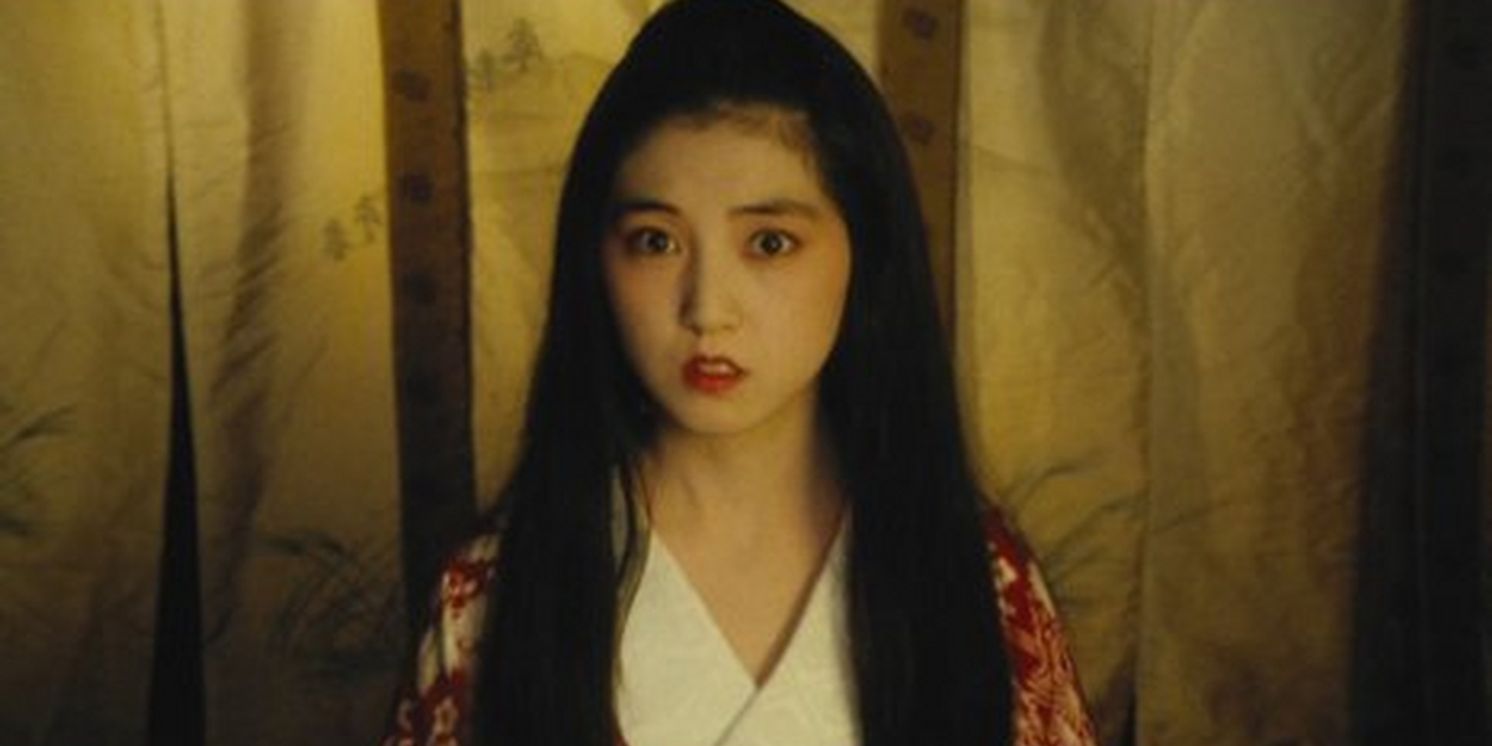Japan Society Presents 'Taisho Roman: Fever Dreams of the Great Rectitude' in December
The series runs December 9-16.

Japan Society has announced Taisho Roman: Fever Dreams of the Great Rectitude, a six-film series running December 9-16. This exclusive two-week event will bring together premiere and rarely-seen screenings of Japanese films from the 1920s to the 1980s all focused on dreamlike and nightmarish depictions of the Taisho era (1912-1926), Japan’s own “Roaring ‘20s”.
From horror to cult classics, to provocative arthouse films, Taisho Roman is the first time this selection of films from some of Japan’s most radical filmmakers will be presented together. And from the International Premiere of a new 4K Restoration to ultra-rare 35mm prints imported from Japan, Taisho Roman is your only chance to see these spellbinding tales. This is a can’t miss event for NYC cinephiles exclusively presented at Japan Society (333 East 47th Street).
Coined in reflective terms, “Taisho Roman” (short for romanticism) brings a nostalgia for the libertine pre-war era that preceded the militaristic Showa period and its imperialist displays.
“Taisho is the best,” Seijun Suzuki would wryly proclaim when considering the period of his birth. A new era born from the passing of Meiji, the Taisho period, with its elaborate, decadent fantasies, amounted to Japan’s own belle epoque–a short-lived age where Western thought, modernization, liberalism and arts would convene. This was a time of juxtapositions amidst changing mores, social trends and attitudes - from the blending of Western and Japanese cultures and the rise of hedonistic ideals, to Taisho democracy and the beginnings of ero guro—the all-too-brief epoch signified “great righteousness” or “rectitude.” Its tranquility, however, was abruptly upended with the Great Kanto Earthquake of 1923, followed by a tide of ethnic and political violence, rising militarism, and the death of the sickly Emperor Taisho in 1926.
Drawing inspiration from the otherworldly writings of Kyoka Izumi, Hyakken Uchida, Kyusaku Yumeno and beyond, The Taisho Roman series presents films from some of Japan’s most radical filmmakers—Shuji Terayama, Toshio Matsumoto and Akio Jissoji—whose approach to the prosperous period is marked by creative, daring, and distorted re-imaginings. The results offer a nostalgia from a bygone age that never really existed.
Opening on December 9th with an ultra-rare imported 35mm print of the head-spinning Dogra Magra (1988), the final feature by Funeral Parade of Roses director Toshio Matsumoto, series selections include an imported 35mm print of Shuji Terayama’s oedipal Kyoka Izumi adaptation Grass Labyrinth; 1926 Taisho-era production A Page of Madness, Teinosuke Kinugasa’s singular expressionist work based on a story by influential novelist Yasunari Kawabata; the international premiere of a 4K restoration of Seijun Suzuki’s critically-lauded Zigeunerweisen; Teruo Ishii’s deranged Edogawa Ranpo adaptation Horrors of Malformed Men featuring butoh founder Tatsumi Hijikata; and late 80s occult fantasy epic Tokyo: The Last Megalopolis.
Taisho Roman captures an obsession with madness, morbidity, and perversions within the decadence of the time. Despite its short-lived permanence, the legacy of the Taisho period (not unlike that of the Edo era), has become the object of fascination among filmmakers for its cultural and political shifts—lending itself to be an open canvas for romanticized depictions of the era.
“Exploring one of Japan’s most fascinating periods, Taisho Roman pulls from some of Japanese literature’s most occult and imaginative texts—writings that to this day remain untranslated,” said Alexander Fee, Japan Society’s Film Programmer and curator of this series. “Featuring films that range from exploitation to avant-garde and angura, this series collects both well-known and forgotten works that envisage differing realities of the often-mythologized era of Japanese history.”
Tickets for each film screening are $16 (general admission), $14 (students and seniors), and $12 (Japan Society members.)
Specially priced tickets for the December 9th screening of Grass Labyrinth are $10 (general admission), $8 (students and seniors) and $5 (Japan Society members.)
Screenings take place in Japan Society’s landmarked headquarters at 333 East 47th Street, one block from the United Nations. Lineup and other details subject to change.
Videos

